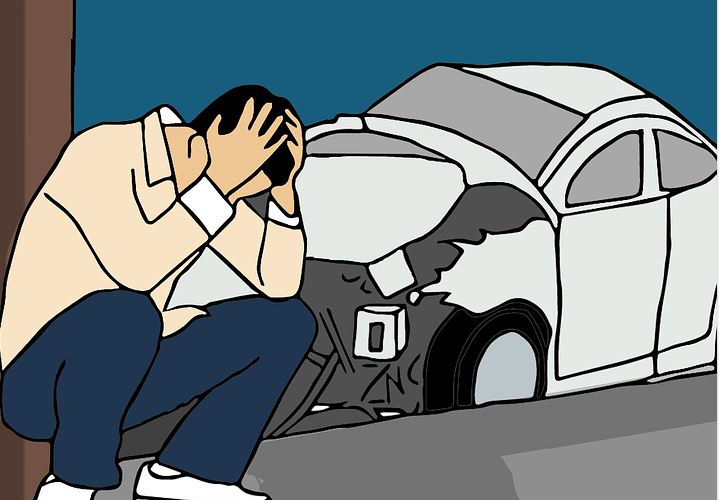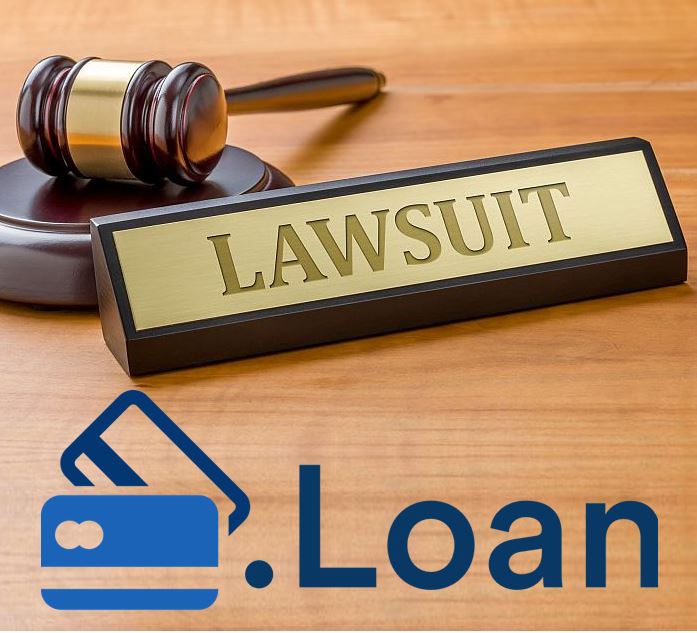If you’ve been injured in a car accident, your health comes first. But immediately after your health, finances are the primary concern. And if you want to limit the long-term effects of this incident, you need to get smart about how you handle the financial aspect of this situation.

The Financial Challenges of a Serious Car Accident
A serious car accident is painful on multiple levels. When it comes to money, it can create short- and long-term financial challenges, including:
- Hospital transport bills
- Emergency room bills
- Ongoing medical/treatment bills
- Loss of employment/wages
- Vehicle repairs
- Increased insurance rates
- Long-term career challenges related to disabilities
These are just a few of the expenses. Every situation is unique and you’ll almost certainly discover additional direct and indirect issues that impact your financial picture. It’s how you handle them that dictates how much they weigh you down.
5 Tips to Avoid Financial Ruin
The financial fallout of a car accident is enough to throw your life into turmoil for weeks, months, and even years at a time. Here are our best tips for tackling the situation head-on and avoiding financial ruin:
-
Communicate With Your Employer
There’s a pretty good chance you’ll be missing work for a few days, weeks, or months after your accident. Stay in constant communication with your employer and keep them informed of your evolving situation. They may be willing to work with you to provide continued pay, remote working opportunities, etc.
- Stay Organized
The aftermath of a serious car accident can be convoluted and frustrating. If you aren’t careful, all of the different bills and records will cause your head to spin. You can avoid this by staying as organized as possible.
Create a physical and digital folder for all medical bills, insurance statements, police reports, and miscellaneous forms. Likewise, any type of correspondence you have with a doctor, insurance company, law enforcement agency, or attorney should be recorded and filed away.
-
Inform Creditors
Having trouble making payments on a house, car, or credit card? Pretending like nothing is happening isn’t an option. Your creditors will eventually come calling and they’ll expect their money. And if you don’t pay on time, you could incur late fees, credit damage, higher interest rates, and/or collections.
The better approach is to communicate with your creditors and let them know what’s happening. Depending on certain factors (like the type of debt and your history), they may offer you some leniency. A hardship plan could provide temporary payment reduction or suspension until your situation improves. As they say, you won’t know until you ask!
-
Consider a Lawsuit Loan

It can take years to collect on a monetary settlement from a car accident. Unfortunately, your bills and debt payments can’t wait years. And if you’re strapped for cash with no/limited options for employment, this creates some very serious challenges.
To fill the void between your car accident and the monetary settlement, you may consider a car accident loan. This gives you accelerated access to your settlement money so that you can cover things like medical bills, legal fees, rent payments, car payments, and other general living expenses.
The best part about lawsuit loans is that they’re typically 100 percent risk-free. In other words, if you lose the case, you repay nothing.
-
Practice Smart Cash Flow Management
Finally, make sure you’re being smart with the money that you do have. Whether you have enough to float you a few months in savings, or you receive a car accident loan, smart cash flow management will help you maximize your financial resources.
Part of smart cash flow management involves creating a budget, tracking expenses, and being more intentional with which expenses you eliminate. In other words, stop winging it and come up with a plan!
Stand Up for Yourself
People are innately selfish. Everyone looks out for the person in the mirror and his or her own best interests. This includes other individuals involved in the car accident, car insurance adjusters, and the doctors and healthcare professionals you work with. Even your attorneys have objectives and benchmarks that need to be met in order to stay in business.
Sitting back and assuming that the system will play out and you’ll be fine is shortsighted. The only way to protect your best interests is to stand up for yourself. This means taking the tips/steps in this article seriously so that you can maximize your chances of reaching a full recovery and avoiding long-term financial ruin.

